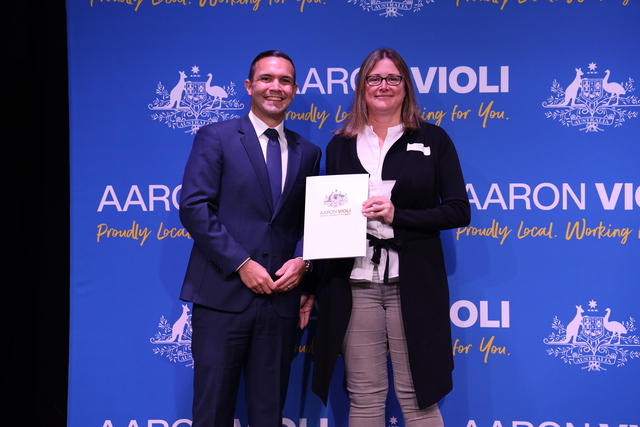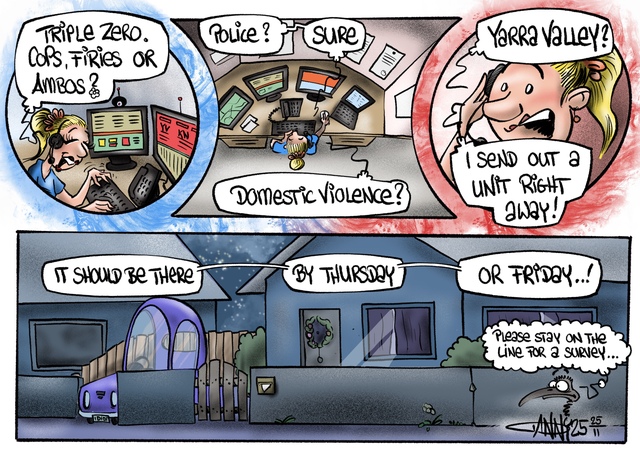A big budget commitment by the Australian Government has been dedicated to stamping out the use of vapes and discouraging a switch to smoking as lung cancer continues to kill more than any other cancer in Australia.
$737 million has been allocated in 2023/24 Federal Budget to fund new measures to restrict importation and sales and improve the quality and packaging of vaping products.
Associate Professor Johnson George of Monash University Centre for Medicine Use and Safety and Monash Institute of Pharmaceutical Sciences said there is no place for vaping as an evidence-based smoking cessation strategy in the management of nicotine dependence.
“Efforts should be directed at improving access to subsidised smoking cessation treatments in combination with behavioural counselling,” he said.
“Prescription and non-prescription smoking cessation medications currently available are safe, efficacious and cost-effective. Other approaches should not be considered until such options have been exhausted.”
Vaping is particularly prevalent among younger people and due to the highly addictive nature of nicotine, concerns have been raised in recent years about the potential for lifelong addiction.
A Yarra Ranges school that wished to remain anonymous said they acknowledge that vaping is a significant community concern, especially amongst young people.
“We strongly support measures to reduce access and availability of e-cigarettes. There is clear evidence now that vaping has significant long-term health risks, not dissimilar to smoking,” they said.
“We have been educating our students over the past couple of years on the dangers of vaping in the hope they will make good choices about their future health outcomes.”
In an effort to quash the black market for illegal vapes, the federal and state governments will be stopping the importation of non-prescription use vapes and banning all single-use disposable vapes, restricting colours, flavours ingredients and nicotine volume and enforcing pharmaceutical-like packaging.
Federal Minister for Health and Aged Care Mark Butler said vaping is creating a whole new generation of nicotine dependency in our community.
“It poses a major threat to Australia’s success in tobacco control and the Albanese Government is not going to stand by and let this happen,” he said.
“Australia needs to reclaim its position as a world leader on tobacco control.”
The changes will be supported by the proposed national tobacco control legislation announced in November 2022 and help achieve the goals of the National Tobacco Strategy 2023–2030 also released on Tuesday 2 May in reducing daily smoking prevalence to less than 10 per cent by 2025 and at or under 5 per cent by 2030.
Mr Butler said these reform measures will help protect the health of Australians, while reducing the pressure on our health system.
“Vaping was sold to governments and communities around the world as a therapeutic product to help long-term smokers quit. It was not sold as a recreational product – especially not one targeted to our kids but that is what it has become,” he said.
“Young people who vape are three times as likely to take up smoking. So is it any wonder that under 25s are the only cohort in the community currently recording an increase in smoking rates?”
Funding will also deliver a public health information campaign on the dangers of smoking and vaping to discourage new smokers and urge current smokers to quit, supported programs in nicotine cessation education and health practitioner training, a 3-year additional 5 per cent tax on tobacco on top of normal indexation, alignment of tax on loose-leaf tobacco products and a new national lung cancer screening program.








